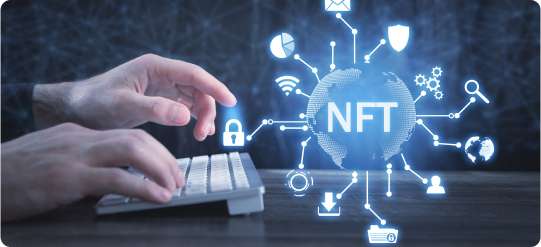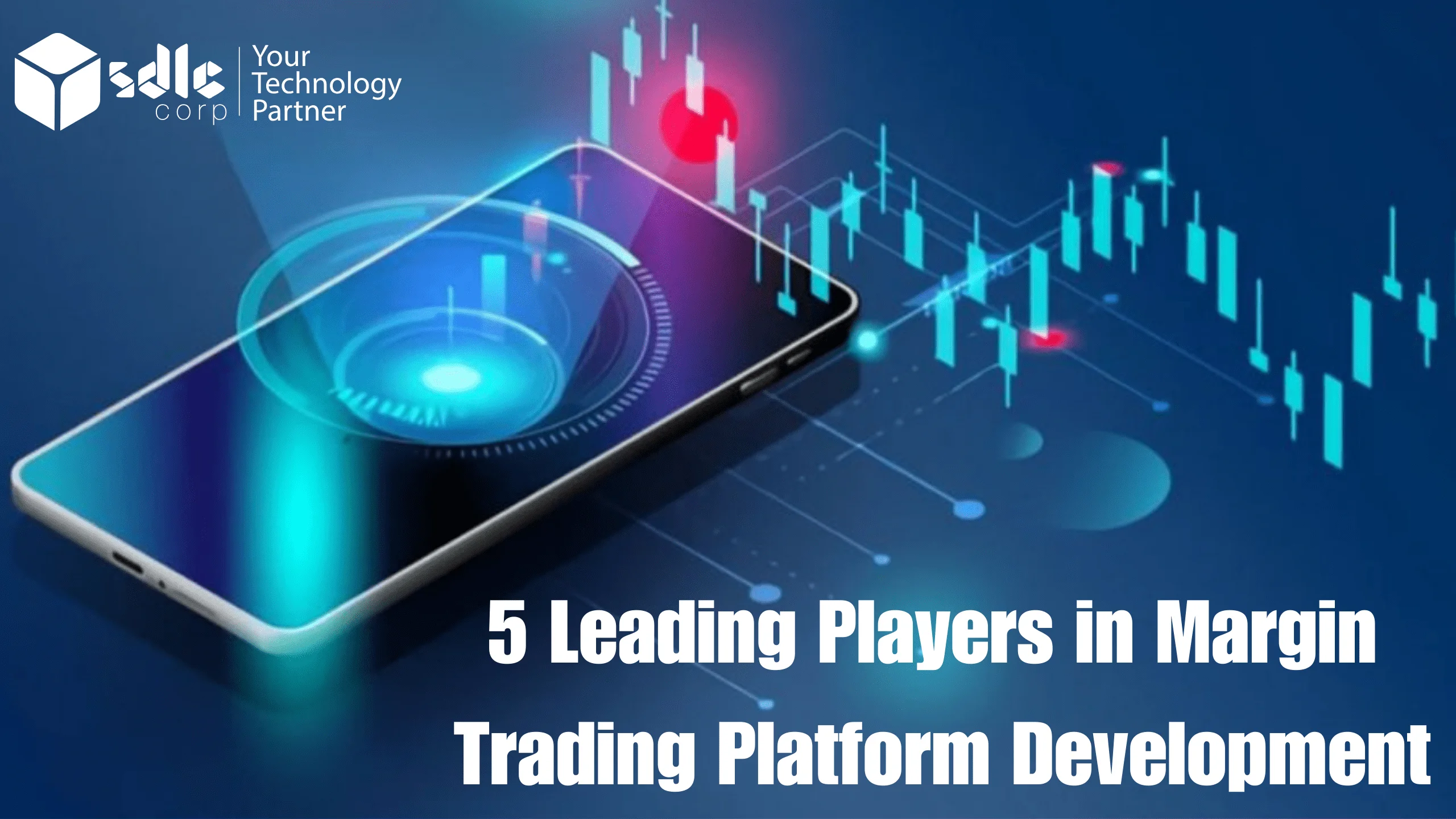Integrating Non-Fungible Tokens (NFTs) into crypto exchange platforms represents a massive step forward in the blockchain ecosystem, unlocking new revenue streams, enhancing user engagement, and diversifying service offerings. While cryptocurrencies primarily serve as mediums of exchange and value stores, NFTs add a layer of uniqueness and versatility that has gained traction across art, gaming, real estate, and beyond. This guide provides a comprehensive, structured overview of how to successfully incorporate NFTs into crypto exchanges, with a professional tone inspired by George Orwell’s clarity, insight, and attention to detail.
Why Integrate NFTs into Crypto Exchange Platforms?

Incorporating NFTs can provide several key benefits:
- New Revenue Streams: Platforms can earn from transaction fees on NFT sales.
- Increased User Engagement: Unique assets and collectibles attract diverse user bases.
- Portfolio Diversification: Crypto exchanges offer both fungible and non-fungible assets, increasing service appeal.
- Future-proofing: As blockchain adoption grows, NFTs are expected to maintain a crucial role.
1. Understand the Basics of NFT Integration

NFT integration begins with a deep understanding of the underlying blockchain technology and smart contracts:
- Blockchain Compatibility: Ethereum and Binance Smart Chain are popular choices, but platforms like Solana and Polygon are becoming popular for NFTs due to lower transaction fees and scalability.
- Smart Contracts: Smart contracts define the uniqueness, ownership, and transferability of NFTs, typically using ERC-721 and ERC-1155 standards.
NFT Standard | Purpose | Platform |
ERC-721 | Single, unique assets | Ethereum, Polygon |
ERC-1155 | Both unique and fungible assets | Ethereum, Binance Smart Chain |
- Wallet Compatibility: Ensure users can connect wallets (e.g., MetaMask) that support NFT storage and management.
Secure Cryptocurrency Trading Solutions
Custom cryptocurrency exchange software development services offering secure, scalable platforms for seamless digital asset trading and management

2. Steps to Integrate NFTs into Your Exchange Platform
The NFT integration process can be broken down into seven key steps:
Step 1: Identify the Market and User Needs
- Understand Target Audience: Define whether your target users are primarily collectors, investors, gamers, or creators.
- Analyze Market Trends: Use platforms like OpenSea and Rarible as case studies to understand what types of NFTs (art, gaming items, collectibles) have high demand.
Step 2: Choose an Appropriate Blockchain
- Ethereum: High security, well-established, but high gas fees.
- Solana: Fast and affordable, ideal for high-frequency transactions like gaming NFTs.
- Polygon: Layer-2 scaling solution for Ethereum, lower costs with Ethereum’s security benefits.
Example: OpenSea, the largest NFT marketplace, operates on Ethereum but has integrated with Polygon to reduce transaction costs.
Step 3: Develop Smart Contracts for NFTs
- Use ERC-721 or ERC-1155 Standards: For unique and semi-fungible assets.
- Customize Contracts: Define metadata, rarity, and transfer conditions.
Step 4: Build NFT Wallet and Storage Solutions
- Wallet Integration: Enable wallets compatible with NFTs, like MetaMask, Trust Wallet, and Coinbase Wallet.
- Storage Solutions: Store metadata using IPFS (InterPlanetary File System) for security, decentralization, and permanence.
Step 5: NFT Minting Feature
- Allow users to create (or “mint”) their own NFTs on the platform, providing flexibility and control:
- Self-Minting Tool: For creators to customize their NFTs’ metadata and attributes.
- Batch Minting: Suitable for brands or artists releasing NFT collections.
Step 6: NFT Trading Functionality
- Auction and Fixed Price Options: Allow users to list NFTs at a fixed price or engage in auctions.
- Cross-chain Integration: Enable multi-chain functionality to reach broader audiences and increase liquidity.
Step 7: Implement Security Protocols
- Anti-fraud Mechanisms: Prevent NFT theft, duplication, and fraud.
- Two-factor Authentication (2FA) and KYC: Enhance platform security.
3. Consider Platform Features to Enhance NFT Experience
The following features can improve user experience and increase engagement on the platform:
- User Profiles: Allow users to showcase their NFT collections publicly.
- Rating System: Enable users to rate sellers and buyers for trust-building.
- Community Building: Forums, in-platform chat features, or even VR galleries can create community engagement around NFTs.
Additional Features
Feature | Benefit | Implementation |
In-Platform NFT Display | Attracts collectors and creators | Interactive galleries |
Customized Alerts | Improves user retention | Real-time notifications |
Social Sharing | Increases visibility | Integration with Twitter, Instagram |
Start Your Centralized Exchange Today!
Develop a secure, scalable centralized crypto exchange with advanced trading features, liquidity solutions, and user-friendly UI

4. Monetization Strategies for NFT Exchange Platforms
Revenue from NFT integration can be maximized through various monetization models:
- Transaction Fees: Charge a 2-3% fee on NFT sales.
- Premium Listings: Offer prominent listing positions for a fee.
- NFT Curation and Verification Fees: Curate high-quality NFT collections and charge for verification.
Real-World Example: OpenSea charges 2.5% on every transaction, generating millions monthly due to high NFT trading volumes.
5. Address Legal and Regulatory Concerns
Integrating NFTs within a crypto exchange requires regulatory compliance to avoid legal challenges:
- Intellectual Property (IP) Rights: Ensure creators are protected and that they hold rights to their content.
- Anti-Money Laundering (AML): NFTs can be a vehicle for money laundering. Platforms should adhere to AML standards and employ KYC processes.
- Tax Compliance: With NFT sales subject to capital gains tax in many jurisdictions, make tax reporting easier for users.
Concern | Action |
Intellectual Property | Require proof of ownership |
AML and KYC | Implement ID verification for users |
Tax Reporting | Offer users downloadable tax reports |
6. Real Examples of NFT Integration in Exchange Platforms
Several crypto exchanges have integrated NFTs effectively, setting examples for new entrants:
- Binance: Added an NFT marketplace with low fees and multi-chain support.
- FTX: Provides a platform for NFTs alongside crypto, even enabling cross-chain compatibility with Ethereum.
Fact: Binance’s NFT platform launched in 2021 and reached nearly 2 million NFTs traded within its first quarter.
7. Metrics for Success and Continuous Improvement
Track metrics to gauge platform performance and adjust strategy as needed:
- Daily Active Users (DAU) and Monthly Active Users (MAU): Track engagement growth.
- Transaction Volume: Indicates the liquidity and activity in the NFT marketplace.
- Revenue from NFT Fees: Monitor the income from transaction and minting fees.
Build Your Secure Crypto Exchange Today!
A Cryptocurrency Exchange Development Company specializes in building secure, scalable platforms for trading digital assets

Conclusion
Incorporating NFTs into crypto exchange platforms opens new horizons, fostering a robust ecosystem where users can trade unique digital assets seamlessly. With strategic planning, technological know-how, and adherence to compliance, crypto exchanges can effectively integrate NFTs, maximizing engagement and expanding market reach. Adopting the outlined steps can help ensure a successful integration while meeting user demands and leveraging future trends in blockchain technology.



